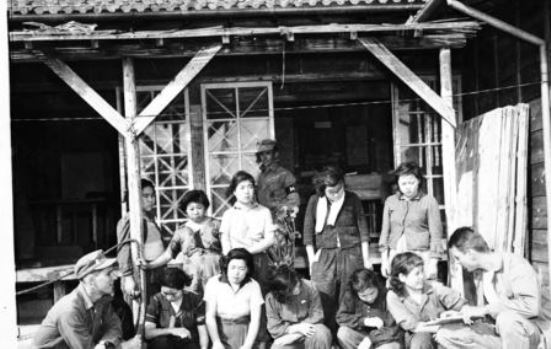Tanvi Sinha
Judge Kim Jeong-gon in the Seoul Central District Court passed a ruling on January 8th, 2021 concerning the case of the 16 former comfort women on whose behalf the lawsuit had been filed in court in 2016 against the sovereign nation of Japan.
Of the 16 petitioners, there are only 12 left now as the rest died along the course of the trial and are represented by Lawyer Kim Kang-Won. The Court passed its ruling stating that the Japanese government was liable to pay 100 Million Won or 92,000 Dollars to each of the women in question. This directly brings the women in contact with the Japanese government as opposed to the 2015 and 1965 treaties between the countries.
The Judge, in his ruling, said that even if the act was a sovereign country’s act it remains something that was committed by Japan when they were illegally occupying the Korean Peninsula and hence cannot be protected under state immunity. State Immunity refers to the doctrine that protects a state from being sued, making it immune to a foreign jurisdiction, and is backed by the International Court of Justice (ICJ).
Comfort Women were women residing in Japanese occupied East Asian Nations, that were said to be kidnapped or manipulated by the Japanese Army and government into forced prostitution for catering to the so-called needs of the Japanese men in the army. There have been instances of these women claiming that they were blackmailed by the army on the pretext of working as a factory labourer.
However, Tokyo has denied and criticised the judgement as it believes that doing would make it come under South Korea’s jurisdiction. The verdict was called unacceptable by members of parliament of the Yoshihide Suga led government. The current Prime Minister happens to be a part of the same party that has been reigning over japan since 1955. The Liberal Democratic Party, a conservative party, contrary to what its name might suggest.
A memorable name from the party would be the former Prime Minister Shinzo Abe under whom Suga had earlier worked under. The party due to these and other influential members within it is closely tied to the Japanese Right Wing and ultranationalist group Nippon Kiagi.
Shinzo Abe had served as a “special advisor” to the group and has ties to far-right organisations that aim to make Japan beautiful and harmonious and in essence, seem to want to bring it back to times of the Japanese Empire that terrorised East Asia and South East Asia back in World War 2.
Shinzo happens to have direct family ties to the Prime Minister of the country during World War 2, his grandfather, Nobusuke Kishi. Aside from leading an Axis Power during the 2nd World War, Kishi remained notorious after it too, having ties with far-right Yakuza members (see: Yoshio Kodama) and Abe has always maintained having a positive string of thought towards the man.
Perhaps that explains why the former president had moved to deny the existence of comfort women at all in 2007 and brings apprehension of if a party with so much of his influence believes the same, or at the very least is the reason why a resolution is hard to arrive in between the two countries.
In December 2015 Japan and South Korea had seemingly reached a consensus about the comfort women issue where after long-strained ties Japan’s Foreign Minister spoke of sincere apologies and paid 1 billion yen to a south Korean administered fund for victims. However, an interview done with one of the petitioners in the present case in 2018 by a News Network had the elderly woman, Madam Kim stating that the 2015 agreement was something people kept using to silence her on the issue but it was not something she agreed to. She believed that the then President, Park Geun Hye, should have consulted the women in question, instead of simply resolving things on their own. Madam Kim died in 2019 of Cancer.
She stated that they wanted formal apologies, they wanted Japanese History books to talk of their violence towards these women, something that might just be needed, since many Japanese street interviews indicate that a large amount of the general population of the country has little to no knowledge of the issue.
The Japanese government to the issue has stated that it finds the ruling a violation of the 2015 agreement and will both not accept the agreement and also not agree with the 2015 agreement anymore.

